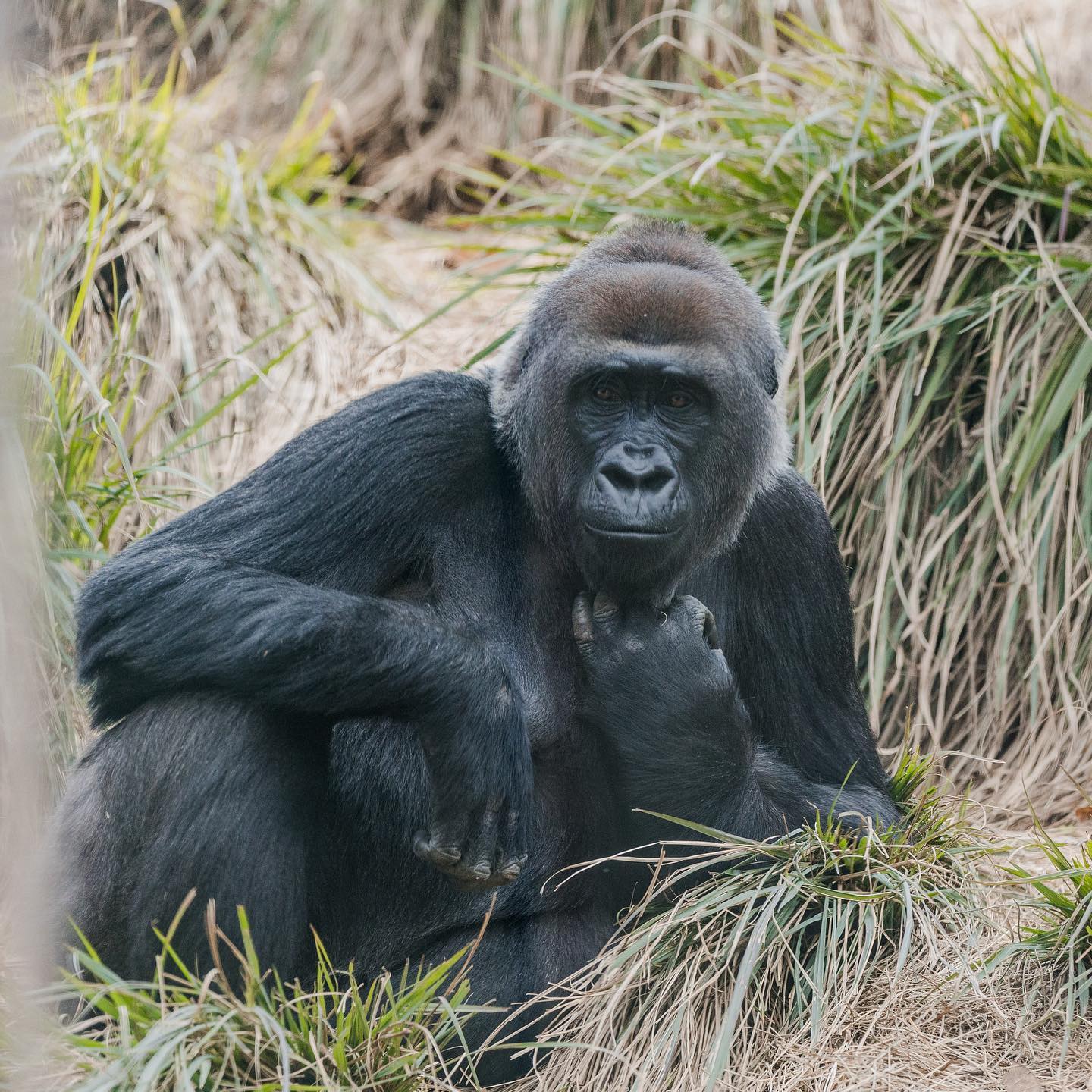– The significance of the Eco-Cell recycling program in conservation efforts
– Riverbanks Zoo’s contribution to gorilla conservation through Eco-Cell
– The environmental impact of electronic waste and the importance of recycling
– How zoos like Riverbanks facilitate wildlife conservation and education
– The broader conservation initiatives at Riverbanks Zoo beyond the Eco-Cell program
The intersection between technology and environmental stewardship has become increasingly critical in recent years. One such initiative that has garnered attention is the Eco-Cell recycling program, which encourages individuals to recycle used electronic devices to support wildlife conservation. Riverbanks Zoo, an animal care and conservation leader, has participated actively in this program since 2019. Their involvement underscores the commitment of zoological institutions to environmental and conservation causes beyond the enclosures of their inhabitants.
At the core of Riverbanks Zoo’s participation is the direct benefit to gorilla conservation. The extraction of minerals such as coltan, a component essential for manufacturing electronic devices, drastically affects gorilla habitats in Central Africa. By recycling over 2,100 devices since joining the program, Riverbanks has significantly reduced mining pressures in these critical habitats. The proceeds from the recycled devices fund conservation efforts aimed at protecting gorillas, demonstrating a circular relationship between our technological advances and the protection of the ecosystem.
The Eco-Cell program’s premise relies on creating an easy and accessible way for individuals to responsibly dispose of their unused electronics. Riverbanks Zoo facilitates this process through a convenient drop box in Gorilla Base Camp. The scheme is comprehensive, accepting a variety of devices, including cell phones, tablets, headphones, handheld video games, e-readers, smartwatches, and chargers. Through this program, Riverbanks educates visitors on the importance of responsible consumption and the environmental cost of electronic waste.
Electronic waste, or e-waste, is a growing environmental concern. These discarded items often contain hazardous substances like lead, mercury, and cadmium, which can contaminate soil and water, posing health risks to humans and animals alike. Furthermore, the sheer volume of e-waste generated globally – which amounted to 53.6 million metric tons in 2019 – is staggering. Apart from the toxic substances, e-waste is also a waste of valuable materials like gold, silver, and copper that could be recovered and reused. The Eco-Cell program addresses these environmental challenges by presenting a sustainable alternative to traditional waste disposal methods.
Riverbanks Zoo’s role in wildlife conservation extends beyond the digital sphere. Zoos serve as modern-day arks, offering refuge and breeding space for species on the brink of extinction. Institutions like Riverbanks foster a deeper understanding and appreciation for wildlife by actively engaging in species preservation programs and public education. They highlight the interconnectivity between humans and the natural world, driving home the message that protecting the environment is not just about preserving scenic landscapes but also about ensuring the survival of species that share our planet.
In addition to the hands-on conservation work, Riverbanks Zoo’s commitment is evident through its broader conservation initiatives. The zoo participates in various efforts, including habitat preservation, species recovery, and support for conservation research around the globe. Through partnerships with local communities and international organizations, Riverbanks channels resources and expertise to where they can make the most significant impact.
In educating the public, the zoo employs a blend of storytelling and science, bringing to light the lives and challenges of species under their care. The conservation narrative expands beyond the zoo walls, inspiring visitors to contemplate their role in the global ecosystem. Riverbanks builds an ethos of responsibility and active participation in environmental stewardship by connecting everyday actions, such as recycling old cell phones, to the fate of endangered species like gorillas.
Overall, Riverbanks Zoo demonstrates how zoological institutions can transform conservation, education, and awareness. The success of the Eco-Cell recycling program is a testament to the willingness of communities to support environmental causes, provided pathways are made available. Riverbanks’s continued involvement in this program is a powerful reminder that collective action can lead to meaningful change for the planet and its inhabitants. As visitors recycle their devices today at Riverbanks, they contribute to a global effort to safeguard our shared natural heritage for generations.
*****
Source Description
It’s ♻️
Riverbanks has participated in the Eco-Cell recycling program since 2019. Since then, we have recycled over 2,100 devices, with proceeds from the redemptions going towards gorilla conservation!
Recycle your old devices today at the drop box located in Gorilla Base Camp. The following items are accepted:
All cell phones and smartphones
Tablets
Headphones
MP3 players, iPods
Handheld video games
E-readers
Smartwatches
Chargers

